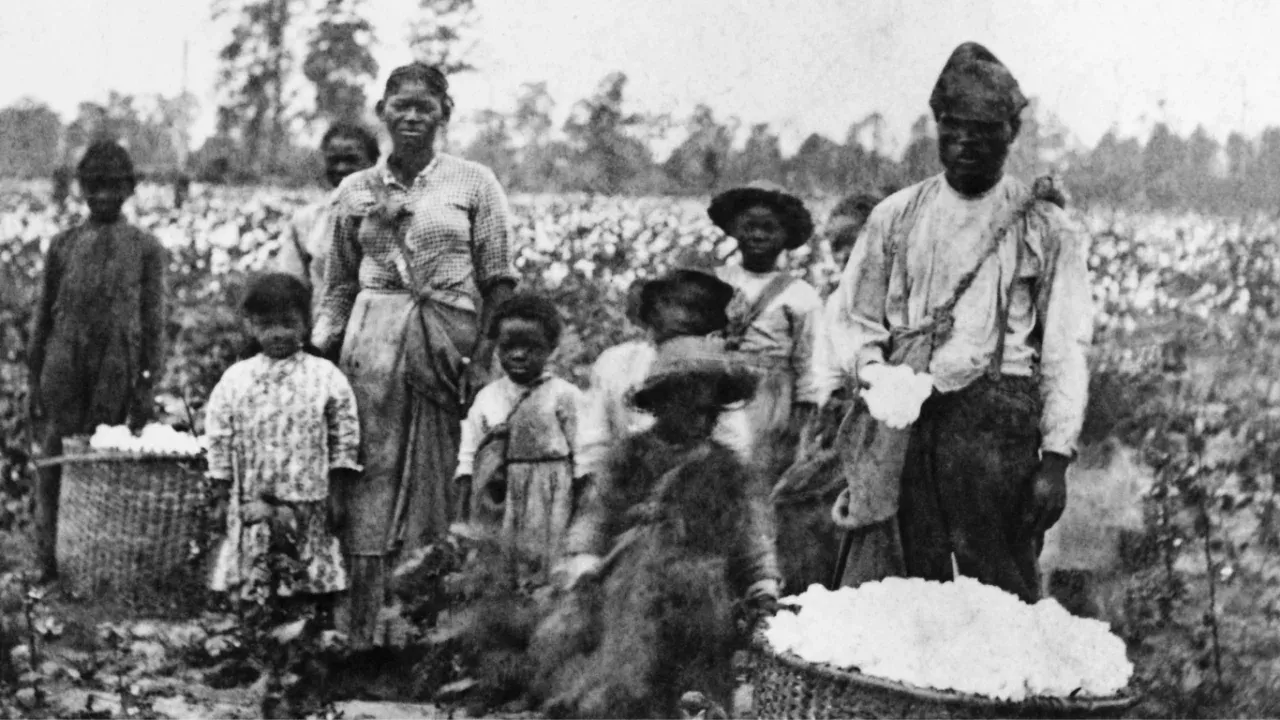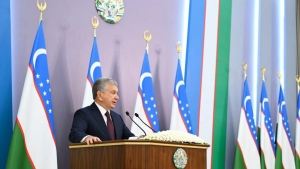History of the cotton industry and forced labor

One of the biggest challenges faced by Uzbekistan in the last two centuries is related to the cotton industry. This was reported by Zamin.uz.
Starting from Tsarist Russia through the Soviet Union era and up to the years of independence, cotton policy left a deep mark on the political, ecological, and social life of the country. Since the 19th century, empires searching for cheap raw materials turned Uzbekistan into a cotton plantation.
Especially during the Soviet era, the cotton campaign took on an ideological character, and vast fields were established across the republic. This process led to serious problems due to the use of forced labor and toxic chemicals.
Forced labor manifested as a national tragedy. Students, schoolchildren, and even children were mobilized for cotton picking from September to December.
The education system was halted, and teachers and doctors were involved in field work. As a result, the younger generation was left out of education, and health-related issues intensified.
The excessive irrigation policy in cotton cultivation led to the drying up of the Aral Sea. As a result of millions of cubic meters of water being drawn from the Syr Darya and Amu Darya rivers, the Aral Sea, one of the largest water basins in the world, tragically disappeared.
This ecological crisis caused significant damage to the region. After President Shavkat Mirziyoyev came to power, forced labor was abolished.
Since 2017, the involvement of students, teachers, and medical staff in cotton picking has been strictly prohibited. The role of cotton policy as a total control mechanism has gradually diminished.
These changes are considered a significant step in the field of human rights and education in the country







